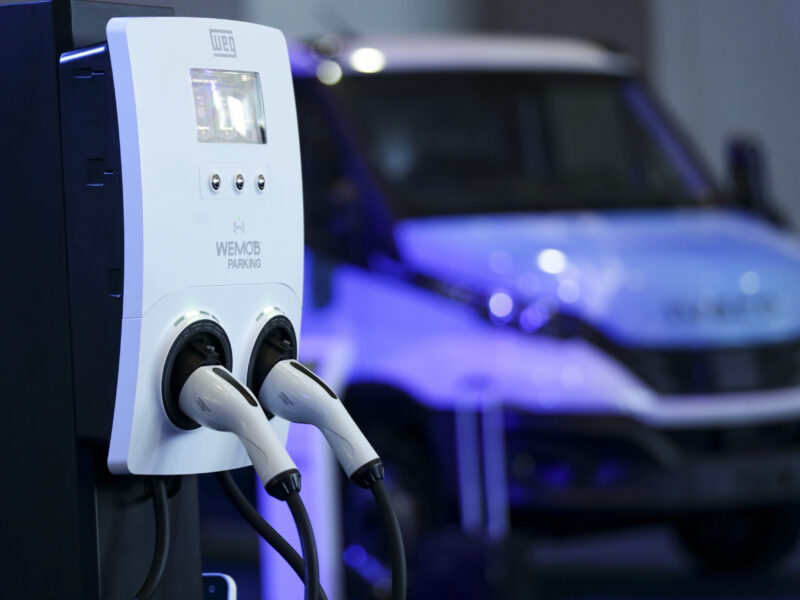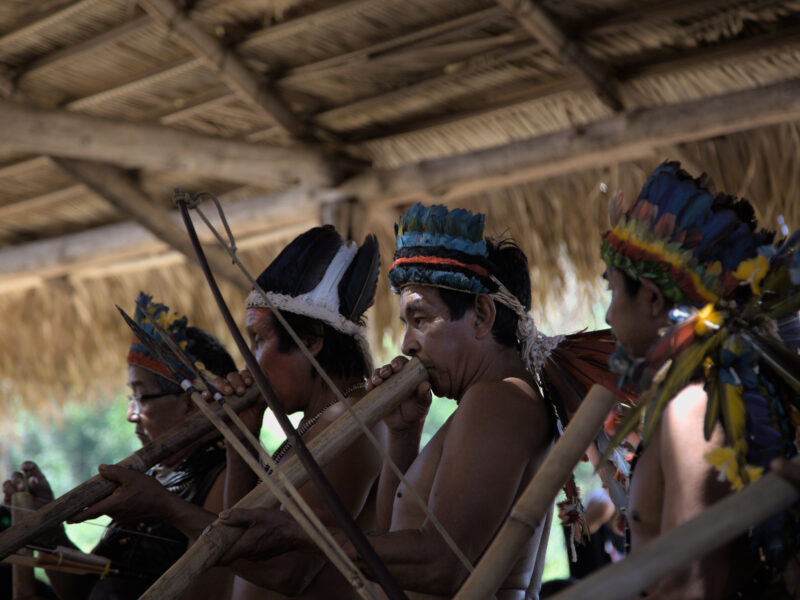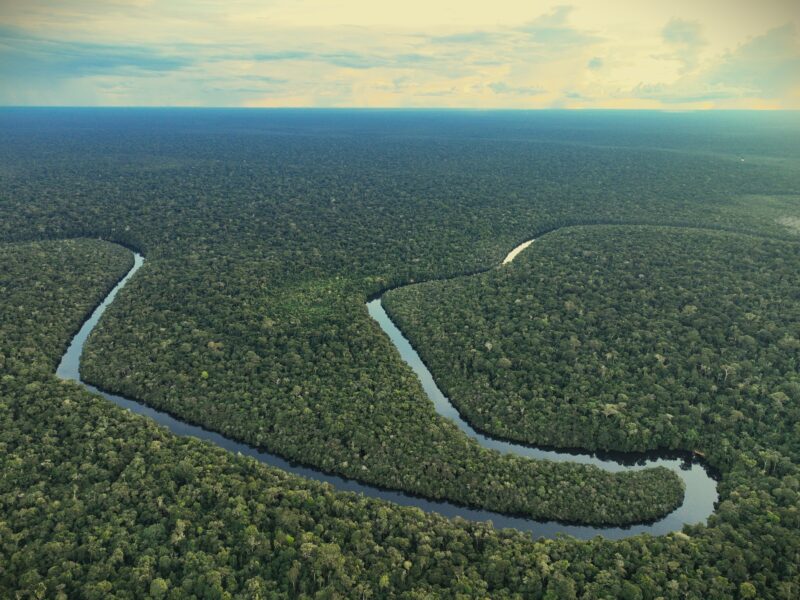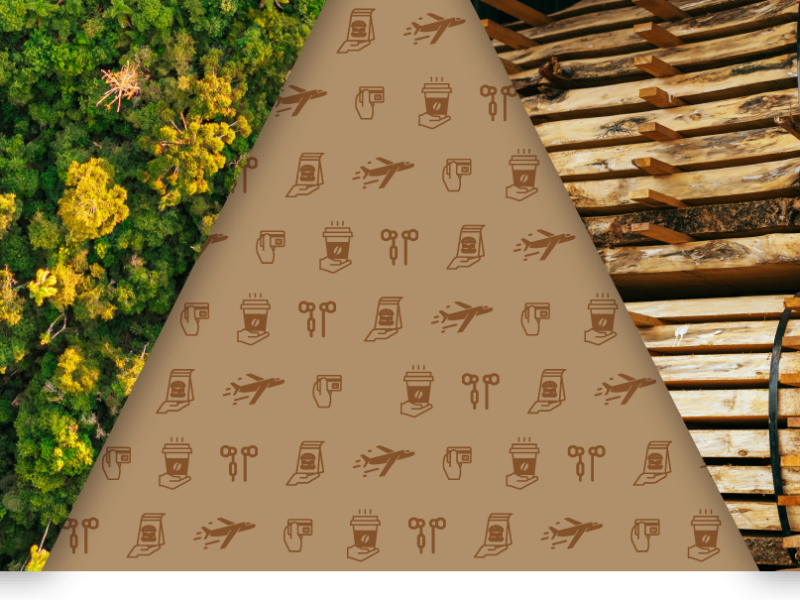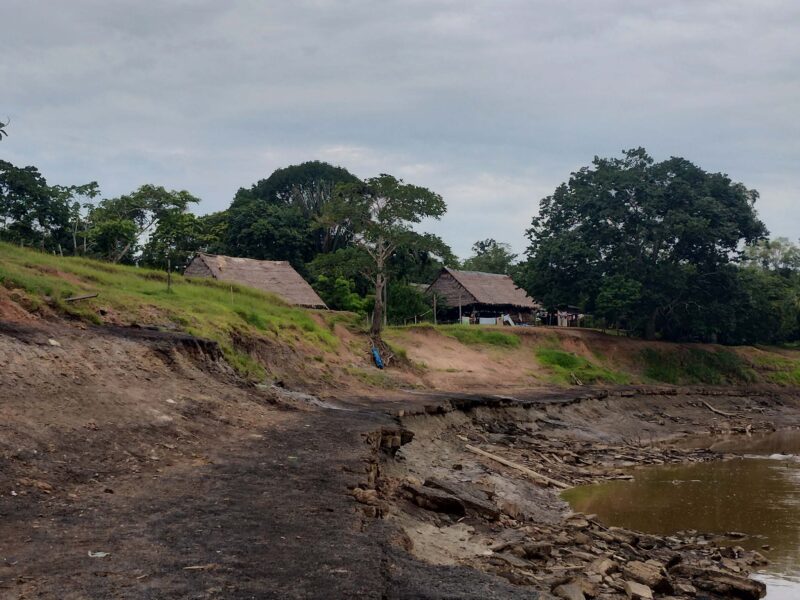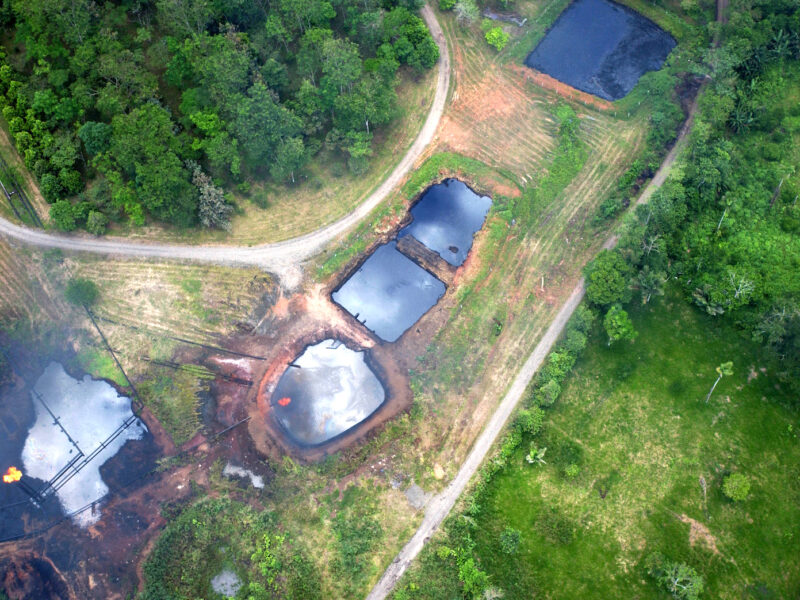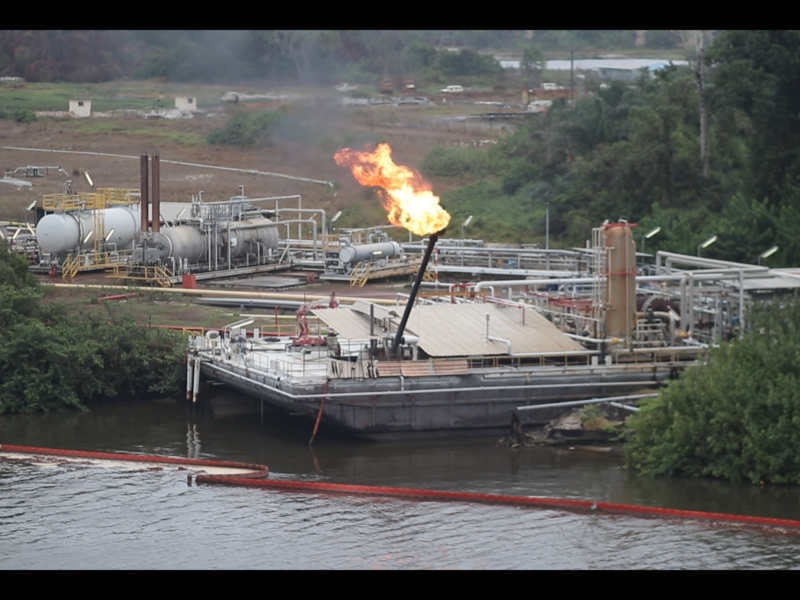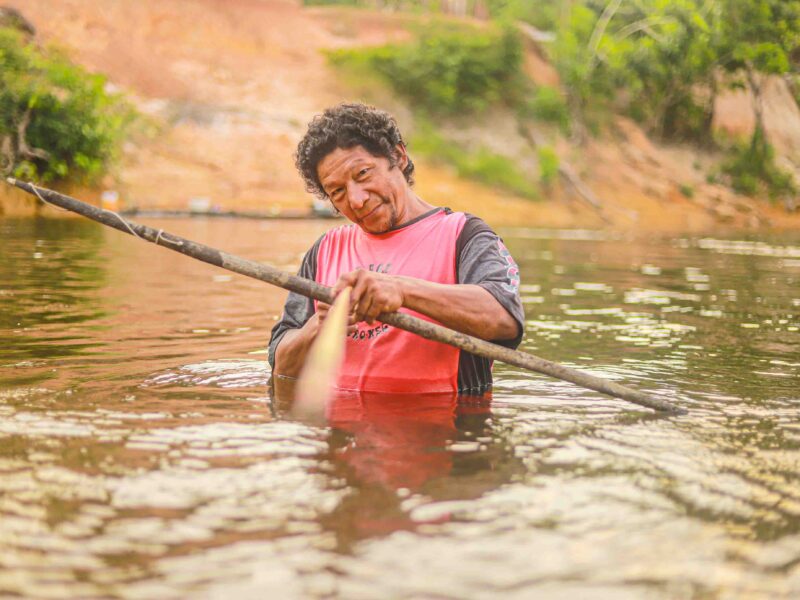By Eduardo Franco Berton When the veil of darkness falls on the forest, men armed with .22 caliber Marlin rifles come with it, and they are determined to pursue their prey. Once a bullet hits its target, the injured animal falls into the water and has to swim to the shore, where it bleeds to […]
Category: long form
Colombian and Ecuadorian criminal groups expand their violent influence throughout the Amazon
By Plan V* The Comandos de la Frontera, a Colombian armed group that also operates in northern Ecuador, and the Ecuadorian gang Los Choneros have imposed a regime of terror in the Amazonian provinces of Sucumbíos and Orellana, although the alliances between them are unclear. One of the illegal activities that has grown the most […]
Energy transition creates a race for strategic minerals with 5,000 applications in the Amazon
Copper, lithium and nickel, among others, are raw materials used to produce electric vehicles, batteries, wind turbines, and solar panels. The Amazon holds part of these minerals, and large companies want to exploit it. Most mining applications are in Pará state, and some of them will have direct impact on areas located in Indigenous Lands and Conservation Units.
Dam project threatens indigenous rituals, hunting areas and even gravesites in the Tenharim Marmelos Indigenous Land
InfoAmazonia and Brasil de Fato visited the territory to understand the views of the indigenous people about the construction of the Tabajara Dam – a project for a 37-square mile (97-sq. km) reservoir in Machadinho d’Oeste, in Brazil’s Rondônia state, which is expected to impact 9 indigenous lands, including Tenharim Marmelos.
Nine indigenous territories, including areas of uncontacted people, are impacted by a dam project in Brazil’s Rondônia state
The Tabajara Hydroelectric Power Plant (HPP) project will create a 60-square-mile reservoir in Machadinho d’Oeste. In addition to nine indigenous territories, an exclusive joint analysis by InfoAmazonia and Brasil de Fato confirms the influence of the project on seven areas where evidence of uncontacted indigenous groups has been found.
Top brands buy Amazon carbon credits from suspected timber laundering scam
An analysis of two carbon credit projects in the Brazilian Amazon has found that they may be connected to illegal timber laundering. The projects belong to Ricardo Stoppe Jr., known as the biggest individual seller of carbon credits in Brazil, who has made millions of dollars selling these credits to companies like Gol Airlines, Nestlé, Toshiba, Spotify, Boeing and PwC.
Perenco: no word from oil firm about environmental damages in Peruvian Amazon
Anglo-French multinational Perenco claims to adopt sustainable practices around the world, ignoring its 58 environmental violations in the Peruvian Amazon that affect ecosystems and its people, as shown by an investigation conducted by InfoAmazonia and international allies. In the department of Loreto, local indigenous communities directly and indirectly influenced by Block 67 were not aware that the company had been sanctioned for environmental violations.
In the Ecuadorian Amazon, oil threatens decades of Indigenous-led conservation
Ecuador’s Socio Bosque project has been key to safeguarding the rainforest. Now the country’s state-owned oil company is exploiting its many loopholes.
Hydrocarbon licenses and protected areas: Perenco’s global system of abuses
The global investigation “Perenco System” carried out by InfoAmazonia and its international partners reveals the systemic aspect of France’s second largest oil and gas operator abusive extractive practices through the world: Perenco.
Company sells Indigenous land in Amazonas as NFTs without community’s knowledge
Areas of the Baixo Seruini Indigenous Land, inhabited by the Apurinã people in the southern Amazonas, were sold by the company Nemus in a project that promises to preserve the forest and generate carbon credits. The Prosecutor’s Office recommended the suspension of the project in December 2022; however, InfoAmazonia identified that negotiations are still ongoing on the internet.




